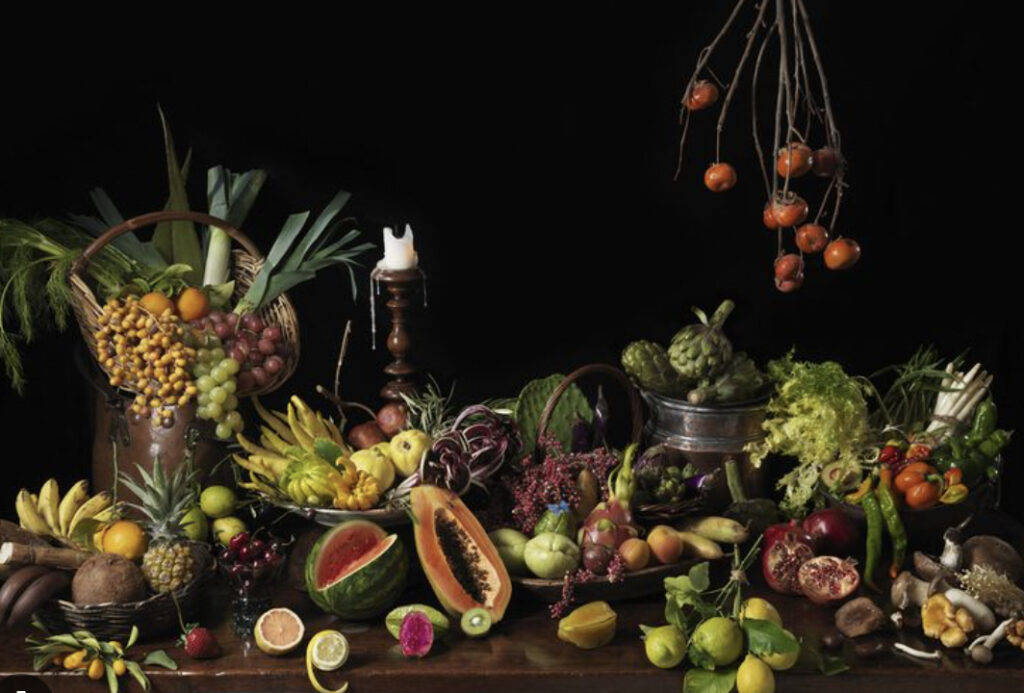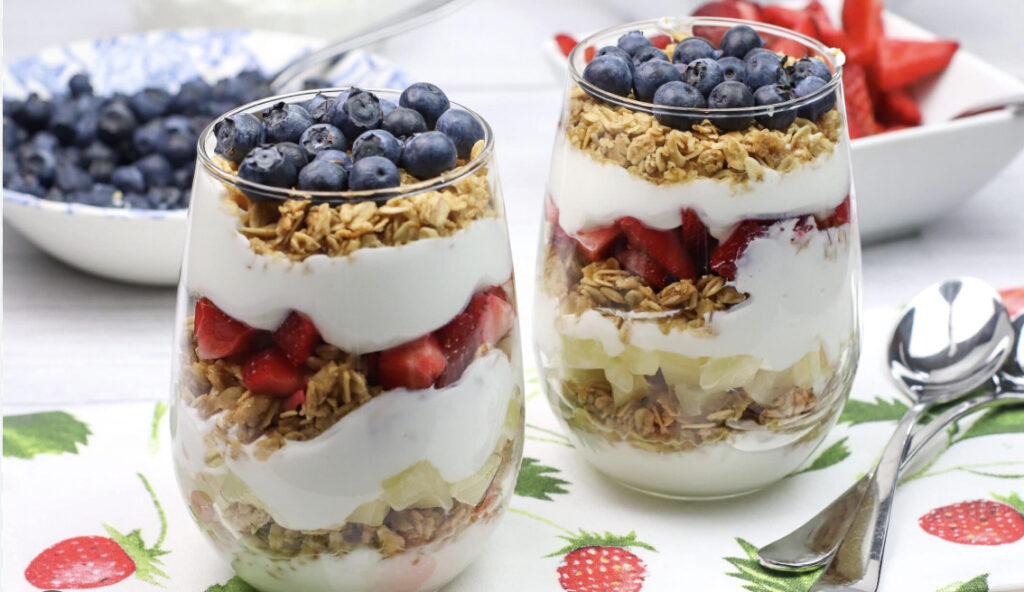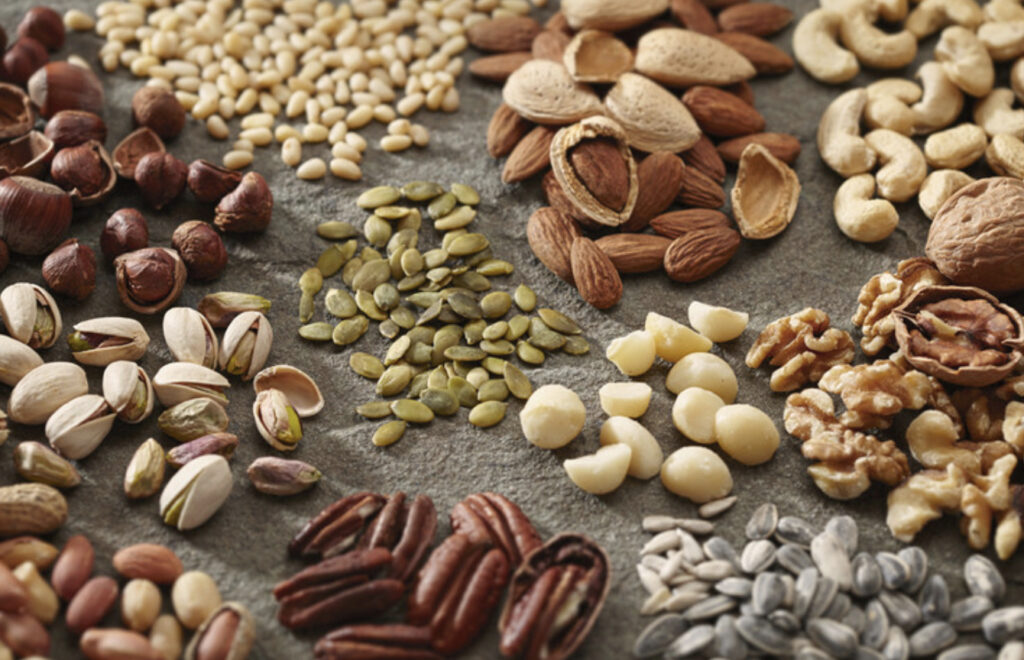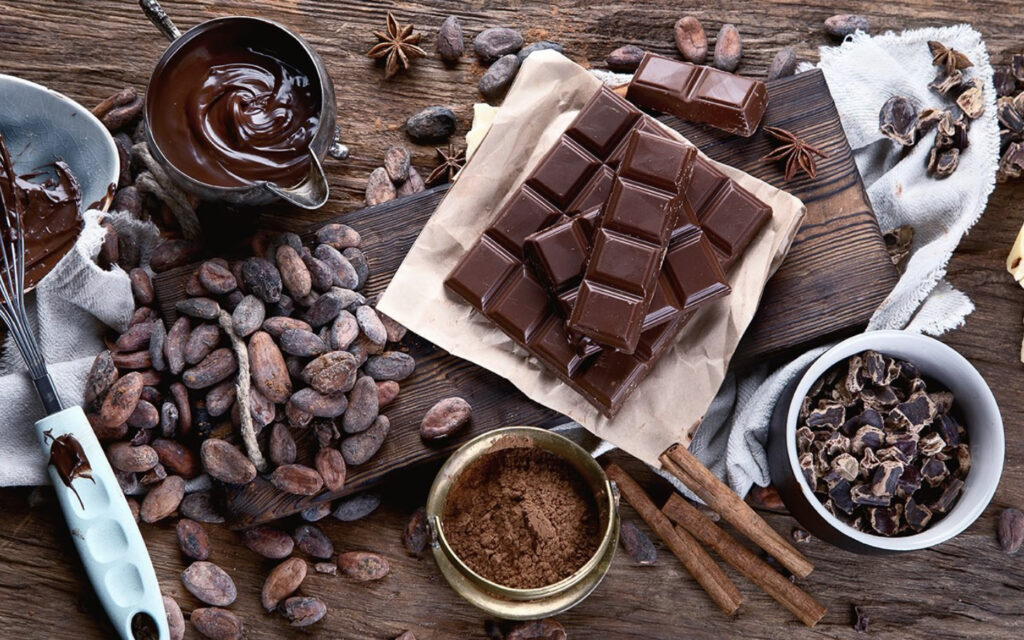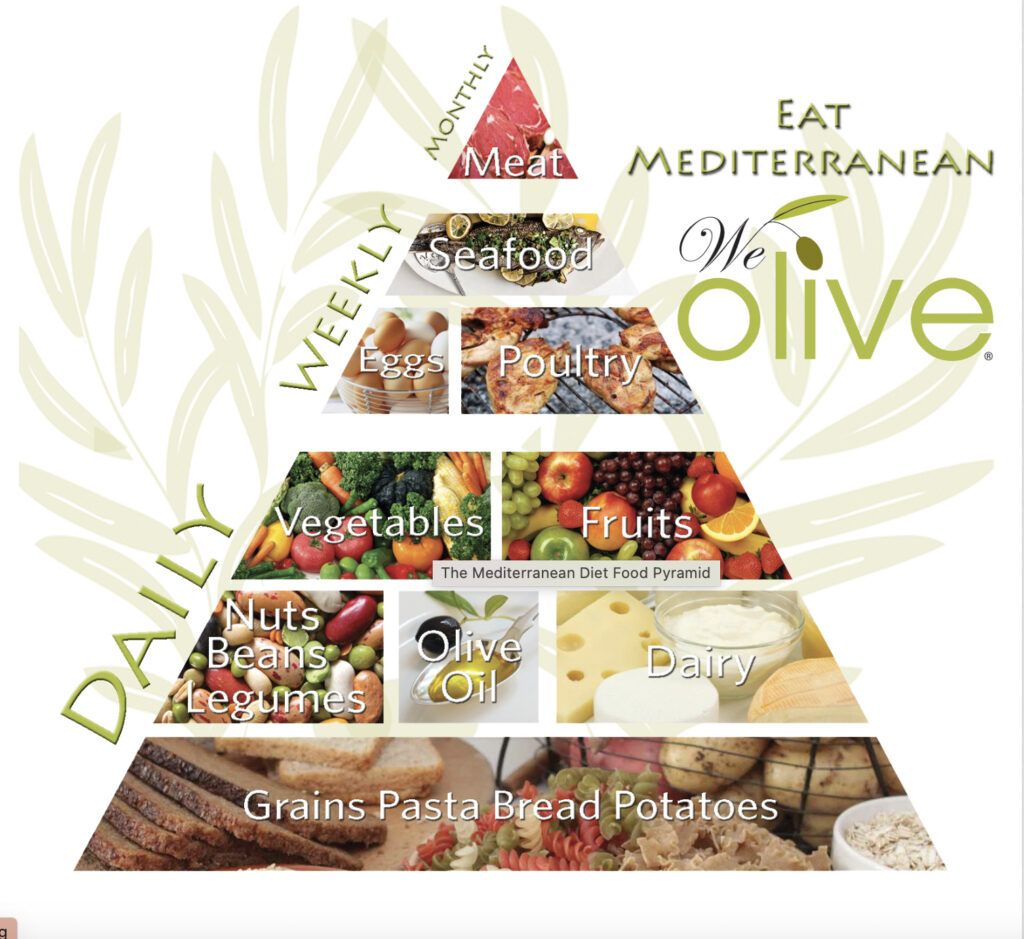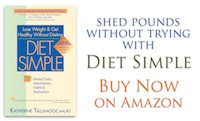URGENT: Nutrition for Cold, Flu & COVID is Crucial for Maximizing Your Immunity
- At January 11, 2024
- By Katherine
- In Articles, News
 0
0
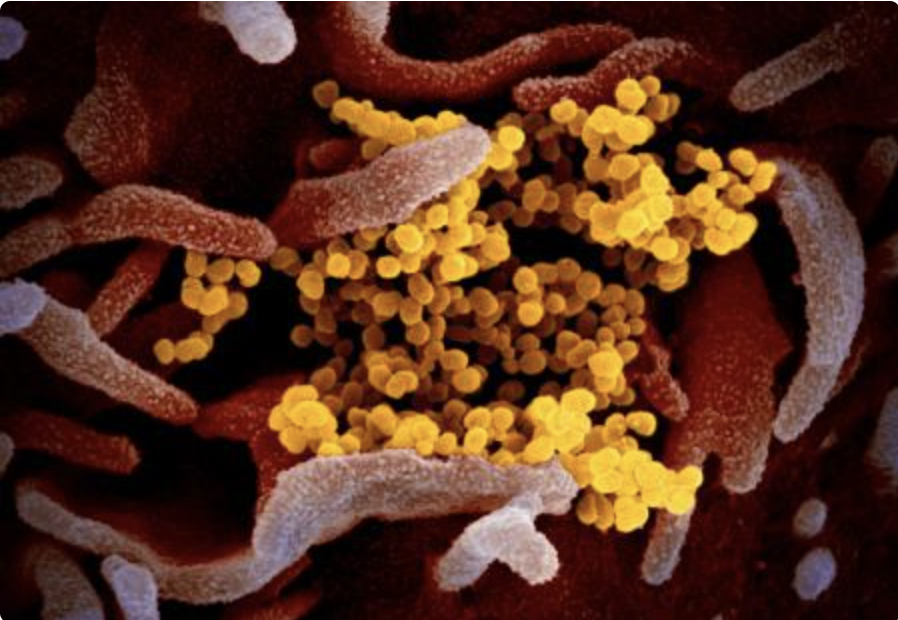
This scanning electron microscope image shows SARS-CoV-2 (yellow), the virus that causes COVID, emerging from the surface of infected cells (pink) grown in the lab. Credit: National Institute of Allergy and Infectious Diseases
It’s the height of COVID and flu season
Serious cases, hospitalizations, and even deaths, are increasing every day
Prevent yourself from succumbing by choosing the right foods and supplements. Studies have shown that making the following choices may lower the intensity, and the length, of your infections significantly. The nutrients in food work in two ways. They either fight infections by killing the virus itself, or by maximizing immunity, that is, activating your immune system’s army of disease-fighting warrior cells.
Nutrition is paramount, especially NOW
COVID cases are peaking!
Both flu and COVID cases have increased precipitously, and are even overlapping. Being infected with flu and COVID at the same time is the worst case scenario
Avoid catching an infection in the first place
Winter is the prime cold and flu season. You’re more likely to be indoors and closer to others. Practice prevention strategies: Keep up to date with your vaccinations, stay at home if you’re sick, wash your hands regularly (while reciting the alphabet), cover your face when sneezing or coughing.
“Cold and flu viruses survive better and are more transmissible if it’s cooler and if there’s lower humidity,” said Dr. Aubree Gordon, infectious disease expert at University of Michigan, in a National Institutes of Health newsletter.
CRITICAL FOODS and NUTRIENTS
Click the links below to learn more detailed and * amazing * facts about the following foods and nutrients
Probiotics: Foods that naturally contain probiotics are yogurt and kefir. They improve your gastrointestinal tract’s microbiome, that is, its microscopic “ecosystem” of cells. Those cells are called microbes. Your health is dependent on these beneficial microbes and the more you have, the more likely you can recover from infections, especially colds, the flu, and COVID. Yogurt and kefir are the only foods that have been studied for decades, and that scientists have found improve your health consistently and significantly. I recommend you eat one or the other EVERY DAY for superior health (If you’re not Middle Eastern, kefir may be an acquired taste).
Vitamin D is the most crucial supplement because it is found in virtually no foods. Today’s lifestyle prevents an adequate blood supply to prevent acute and chronic diseases. I recommend that you take 1,000 to 4,000 IUs daily, and that you ask your doctor to check your blood values regularly. A Vitamin D prescription, as opposed to over-the-counter, will be purer, and is usually covered by insurance.
Vitamin C: Considered a “water soluble” vitamin, a delicate vitamin category (versus “fat soluble”) that is easily destroyed if your high vitamin C foods are not handled with care. You must avoid exposing them to light, heat, or air. Examples include Citrus fruits, peaches, sweet and hot peppers, papayas, pineapple, strawberries, broccoli, kiwi fruit, potatoes, Brussels sprouts, kohlrabi. It’s important to eat Vitamin C-rich foods. A vitamin C supplement cannot replace the nutrients whole foods. But, I recommend you supplement your diet with 500mg daily. Increase to 1,000mg when you have symptoms. This particular study recommends you take 8X that amount within 24 hours of symptoms. But studies have been inconsistent about the amount to take. At higher intakes, I recommend you take Vitamin C with some food. It may cause indigestion.
Omega-3-Fatty Acids: Marine sources are fatty fish, such as Sardines in sardine oil, mackerel, herring, salmon, anchovies. Flax seed, canola oil, and walnuts are great vegetarian sources, but especially flax seeds – though they must be ground, not whole. Your body cannot digest or absorb the seeds. If you don’t eat 12 oz. of fatty fish weekly, you will need to supplement your diet with 1,000mg daily. I recommend Nordic Naturals, with a lemon taste (and no fishy aftertaste!).
BEWARE!
Virtually all Omega-3 supplements on the market can do more harm than good, or at minimum, are less effective than claimed. Look at the fine print on the label:
- Add up the “Total Omega-3 Fatty Acids” and look at how many capsules you need to take to achieve a total of about 1,000mg daily,
- Don’t buy any supplement that contains Omega-6-Fatty Acid. it competes with Omega-3’s and your supplement will not only be useless, but dangerous. If too high, Omega-6’s cause inflammation, allergies, cardiovascular disease and the numerous conditions caused by inflammation,
- Only buy a supplement if the two Omega-3-Fatty Acids, DHA and EPA, are found in a 50/50 or 60/40 ratio – the same ratio found naturally in fish. But often, manufacturers take out most of the DHA and sell it separately, since it’s the most important Omega-3. This is a lose-win proposition. You lose, the supplement manufacturer wins.
Zinc: Oysters, lobster, crab, clams, fortified whole grain cereals, beans (legumes such as lentils, chick peas, black-eyed peas, soy beans, kidney beans, limas, pintos), turkey, whole grains such as buckwheat, whole wheat, cracked wheat (bulgur), oats, whole grain cornmeal, wild rice, yogurt, pine nuts, sunflower seeds, mixed nuts, peanuts. A zinc supplement of up to 75mg is recommended.
Selenium: Brazil nuts, seafood, organ meats.
Chromium: Grape juice is the highest source. Other foods include whole wheat bread, brewer’s yeast, orange juice.
Polyphenols: This family of phytonutrients (“Phyto” is the Greek word for plants) includes berries, cocoa, nuts & seeds, tea, fresh olive oil (polyphenols are NOT present if olive oil is more than one year old and it isn’t handled as recommended).
Phytonutrients: The Mediterranean Diet is loaded with these bioactive plant nutrients with extraordinary health benefits. Phytonutrients were first discovered in the mid 1990s, with a landmark study published in the New England Journal of Medicine. The foods that provide antioxidants and anti-inflammatory compounds fight, and sometimes prevent, every chronic illness known to man, like cancer, heart disease, diabetes, and much much more. Think of oxidation as being similar to rusting. Another example is, when an apple slice is exposed to air, it turns brown. That’s oxidation. By simply adding lemon juice, an antioxidant, oxidation is prevented, and the fruit’s flesh doesn’t turn brown. Inflammation occurs when a wound swells up, turns red, and hurts. It’s your body healing, a sign that your antibody warrior cells are at work. Normally, the wound heals, your warrior cells are no longer needed, and you return to your normal health. But inflammation can become chronic and doesn’t always help the body. In some diseases the immune system fights against the body’s own cells by mistake, causing chronic and acute disease. Phytonutrients, vitamins, minerals, but mainly a healthy diet and lifestyle, can prevent chronic inflammation and prevent or arrest serious disease. Phytonutrients, or phytochemicals, are found in plants and are concentrated in colors, scents and flavors. Just one piece of fruit or vegetable has at least 200 phytonutrients. The darker the color, the more phytonutrients. The more intense the smell, or flavor, the higher the content. Examples of phytonutrients, besides polyphenols, are flavonoids, alkaloids, carotenoids, isoflavones, thiophenes, terpenoids, tannins, lignins, anthocyanins, resveratrol.
We’ve known for 70 years that the healthiest diet on the planet is plant based, with the prime example being the Mediterranean diet. What we’ve been studying and learning since it was first discovered in the 1950s by Harvard Scientist, Ancel Keys, is how, and why it is so remarkable and, how it protecs you against disease. At this point, the best recommendation is: to be as healthy as possible, eat predominantly fruits, vegetables, nuts, seeds, whole grains. They provide the highest level of vitamins, minerals, fiber, and phytonutrients. And the lowest amount of the baddies.
No need to drink wine or alcohol. Fruits and veggies will give you the same nutrients
While you can’t overdose on nutrients when you obtain them from foods, you can overdose with supplements. Always remember my “Goldilocks Rule.” Too much or too little can be damaging. “Just right” is the name of the game in nutrition.
Call me if you have questions!


